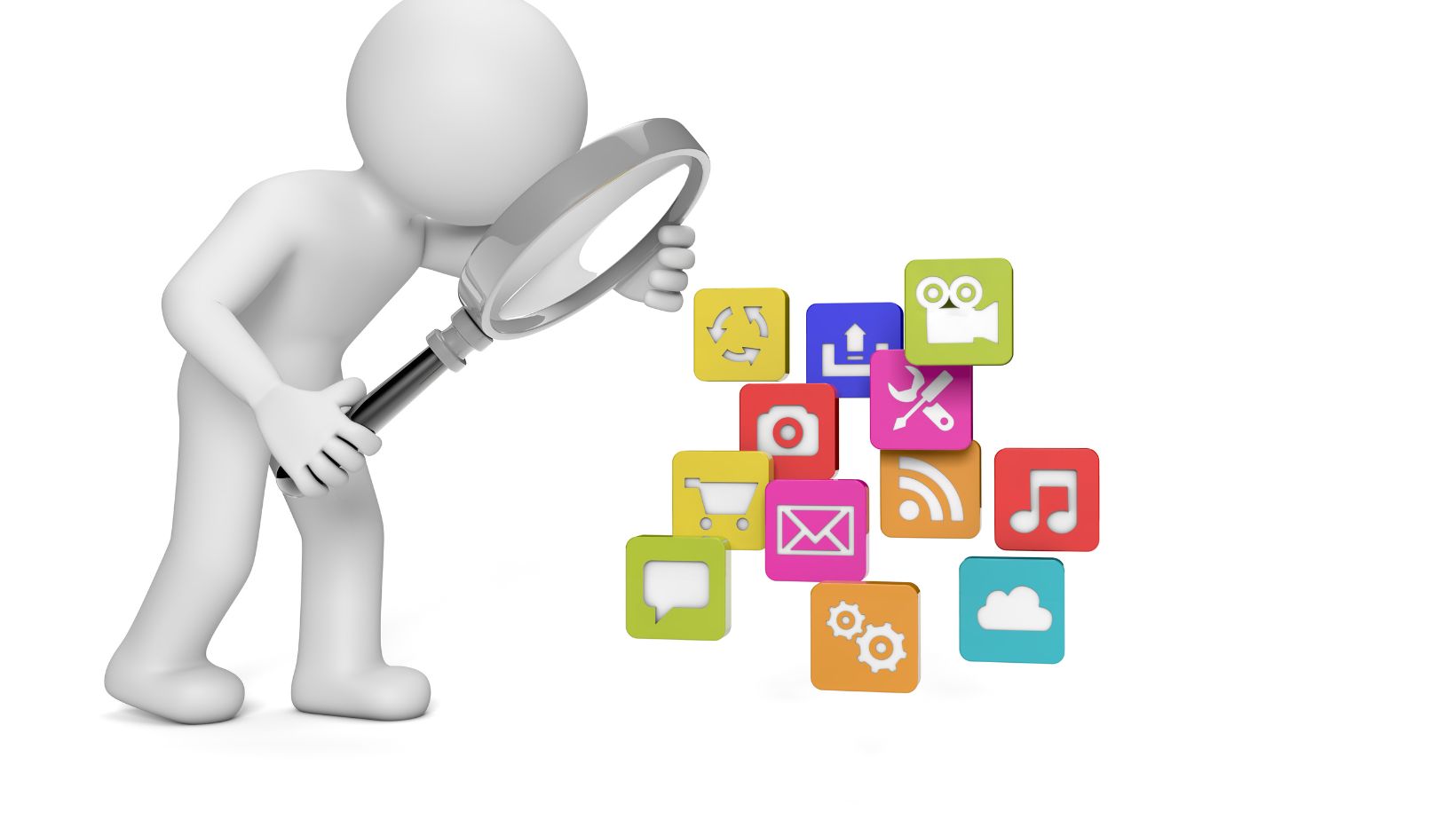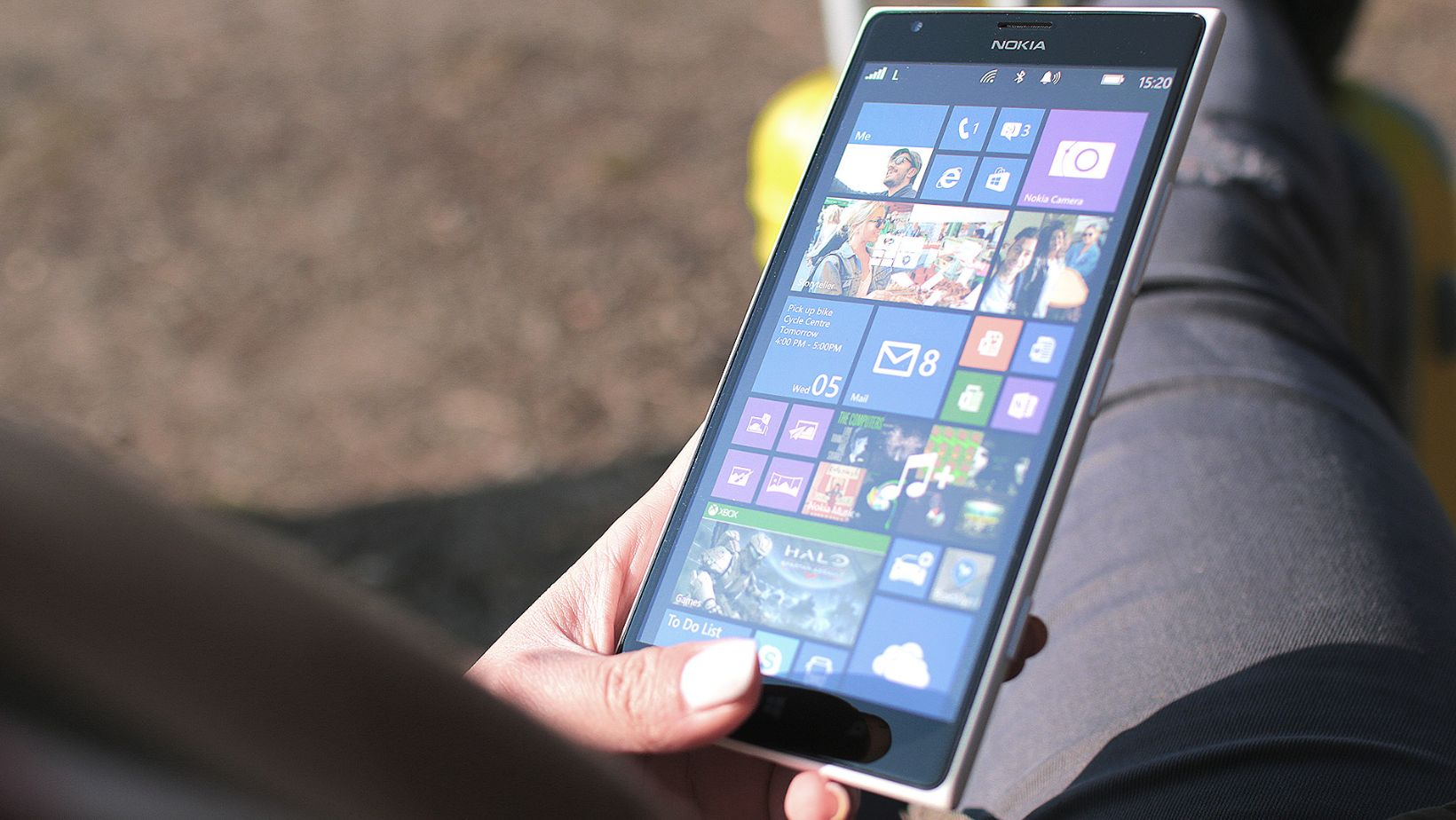In today’s digital landscape mobile marketing apps have become essential tools for businesses looking to connect with customers on the go. These powerful applications enable companies to reach their target audience directly through smartphones and tablets creating personalized experiences that drive engagement and sales.
Mobile marketing apps transform how businesses interact with consumers offering features like push notifications location-based targeting and in-app messaging. They’ve revolutionized traditional marketing approaches by providing real-time analytics customer behavior insights and automated campaign management all in one platform. As smartphone usage continues to surge worldwide these apps have become indispensable for businesses of all sizes looking to stay competitive in an increasingly mobile-first market.
Mobile Marketing Apps
Mobile marketing apps are software solutions designed for businesses to create, manage and track marketing campaigns on mobile devices. These specialized applications integrate multiple marketing tools into a single platform for streamlined campaign execution.
Key Features and Functionality
Mobile marketing apps combine essential marketing capabilities in a centralized dashboard:
- Campaign Management Tools – Scheduling posts, monitoring engagement metrics and adjusting marketing strategies
- Push Notification Systems – Sending targeted messages to specific user segments based on behavior patterns
- Analytics Integration – Tracking key performance indicators like click-through rates, conversion rates and user retention
- A/B Testing Features – Testing different marketing elements to optimize campaign performance
- Customer Segmentation – Organizing users based on demographics, behaviors and preferences
- Location-Based Services – Targeting customers with relevant offers based on their geographic location
- Social Media Integration – Managing multiple social platforms through a unified interface
- Enhanced Customer Engagement – Direct communication channels increase interaction rates by 45%
- Data-Driven Decision Making – Real-time analytics enable quick strategy adjustments based on performance metrics
- Operational Efficiency – Automation reduces manual marketing tasks by 75%
- Cost Effectiveness – Consolidated platforms decrease marketing tool expenses by 30%
- Market Reach – Multi-channel capabilities expand audience reach across various mobile platforms
- Customer Insights – Detailed analytics provide deeper understanding of customer behaviors and preferences
- Campaign Optimization – A/B testing features improve marketing performance by identifying successful strategies

| Metric | Average Impact |
|---|---|
| Engagement Rate | +45% |
| Task Automation | 75% |
| Cost Reduction | 30% |
| Customer Retention | 40% |
| Campaign ROI | 35% |
Types of Mobile Marketing Apps
Mobile marketing apps segment into distinct categories based on their primary functions and business objectives. Each type serves specific marketing needs while complementing overall digital strategies.
Customer Engagement Apps
Customer engagement apps focus on direct interaction with users through personalized communications and targeted promotions. These apps include loyalty program managers (LevelUp, Belly), push notification platforms (OneSignal, Airship) and customer relationship management tools (Salesforce Mobile, HubSpot Mobile). Key features encompass:
- Built-in reward systems tracking customer purchases points milestones
- Automated messaging sequences based on user behavior patterns
- Interactive feedback collection through surveys polls
- Personalized product recommendations using AI algorithms
- In-app chat support with chatbot integration
Analytics and Tracking Apps
Analytics and tracking apps provide detailed insights into user behavior mobile campaign performance metrics. Popular examples include Google Analytics for Mobile, Mixpanel AppsFlyer. These apps deliver:
- Real-time user activity monitoring across app sessions
- Campaign attribution tracking for ROI measurement
- User flow visualization heat mapping
- Conversion funnel analysis optimization
- Custom event tracking for specific interactions
- Cross-platform content scheduling posting
- Social media analytics reporting dashboards
- Audience engagement measurement tools
- Visual content planning calendars
- Hashtag performance tracking systems
- Influencer campaign management features
| App Category | Average Adoption Rate | User Engagement Increase |
|---|---|---|
| Customer Engagement | 68% | +42% |
| Analytics & Tracking | 73% | +35% |
| Social Media Marketing | 82% | +48% |
Essential Mobile Marketing App Tools
Mobile marketing apps integrate core functionalities that streamline campaign management and enhance customer engagement. These tools form the backbone of successful mobile marketing strategies through three primary components.
Push Notification Systems
Push notification systems enable instant communication with app users through targeted messages. These systems include customizable notification templates dynamic scheduling options segmentation filters for personalized messaging. Organizations achieve 4x higher engagement rates with personalized push notifications compared to generic messages.
| Push Notification Metrics | Performance Data |
|---|---|
| Average Open Rate | 7.8% |
| Click-through Rate | 28% |
| Conversion Rate | 3.5% |
| User Retention Increase | 23% |
Marketing Automation Features
Marketing automation features streamline repetitive tasks through preset triggers response workflows. The automation suite encompasses email sequences SMS campaigns in-app messaging drip campaigns behavioral triggers. Integration capabilities connect with CRM systems payment processors social media platforms.
| Automation Feature | Time Saved (hrs/month) |
|---|---|
| Email Sequences | 12.5 |
| SMS Campaigns | 8.3 |
| Social Posts | 15.2 |
| Customer Support | 18.7 |
Analytics and Reporting Capabilities
Analytics tools track key performance indicators through real-time dashboards custom reports data visualization options. The reporting suite includes user behavior analysis conversion tracking ROI measurement A/B testing results. Cross-platform analytics integrate data from multiple channels to provide comprehensive campaign insights.
| Analytics Metric | Impact on ROI |
|---|---|
| User Engagement | +32% |
| Campaign Performance | +28% |
| Customer Retention | +41% |
| Revenue Growth | +35% |
Best Practices for Mobile Marketing Apps
Mobile marketing apps require strategic implementation to maximize their effectiveness and return on investment. These practices focus on enhancing user engagement while maintaining seamless technical integration.
User Experience Optimization
The user interface design prioritizes intuitive navigation and fast loading speeds for mobile marketing apps. Key optimization elements include:
- Implementing single-tap interactions for common actions like push notification opt-ins
- Creating responsive layouts that adapt to different screen sizes across iOS and Android devices
- Maintaining consistent branding elements such as colors logos fonts across all app screens
- Optimizing image sizes to under 200KB for faster loading without compromising quality
- Using clear CTAs (Call-to-Action) buttons with minimum dimensions of 44×44 pixels
- Incorporating white space strategically to improve content readability
- Syncing customer data with CRM systems using REST APIs
- Connecting analytics tools through SDK implementations
- Integrating payment gateways via secure API endpoints
- Linking social media platforms through OAuth authentication
- Establishing real-time database connections for instant updates
- Implementing webhook notifications for system-wide updates
| Integration Metric | Average Performance Impact |
|---|---|
| Data Sync Speed | 2.5 seconds |
| API Response Time | 300 milliseconds |
| System Uptime | 99.9% |
| Cross-platform Compatibility | 95% |
| Database Query Time | 100 milliseconds |
Top Mobile Marketing Apps in 2024

Mobile marketing apps continue to evolve with advanced features and capabilities in 2024, offering specialized solutions for different business sizes and needs. Leading platforms combine artificial intelligence, automation, and sophisticated analytics to deliver enhanced marketing performance.
Enterprise Solutions
Enterprise-level mobile marketing apps provide comprehensive features for large-scale operations and complex marketing campaigns. These solutions offer advanced capabilities:
-
Salesforce Marketing Cloud
- Multi-channel campaign orchestration
- AI-powered audience segmentation
- Custom API integration options
- Advanced security protocols with SOC 2 compliance
-
Adobe Experience Cloud
- Real-time personalization engine
- Cross-device tracking capabilities
- Enterprise-grade analytics
- Integration with Creative Cloud suite
-
Oracle Responsys
- Predictive intelligence modeling
- Automated journey orchestration
- Global scale deployment
- Advanced data management platform
Small Business Options
Small business mobile marketing apps focus on user-friendly interfaces and cost-effective solutions while maintaining essential features:
-
Mailchimp Mobile
- Integrated email marketing tools
- Basic automation workflows
- Built-in CRM functionality
- Starting price: $11/month
-
Constant Contact
- Drag-and-drop campaign builder
- Social media integration
- E-commerce tools
- Basic plan: $9.99/month
- SMS marketing capabilities
- Landing page creator
- Transaction email features
| App Type | Average Monthly Cost | Users Supported | Key Feature |
|---|---|---|---|
| Enterprise | $3,000+ | Unlimited | Advanced AI |
| Small Business | $10-200 | Up to 25,000 | Easy Interface |
Implementation Strategy
Mobile marketing app implementation combines strategic planning with systematic execution to ensure successful adoption across organizations. The process focuses on three critical phases: initial setup, team preparation and ongoing optimization.
Planning and Setup
The planning phase establishes foundational elements for mobile marketing app deployment. Organizations map existing workflows to app features through capability assessment matrices matching business requirements with app functionalities. Setup includes:
- Configure API integrations with CRM systems
- Set up user roles & permissions aligned with team structures
- Install tracking pixels on digital properties for data collection
- Establish KPI benchmarks for measuring success rates
- Create documentation for standard operating procedures
Team Training Requirements
Mobile marketing app adoption relies on comprehensive team education programs tailored to different user roles. Training components include:
- Technical onboarding sessions covering core app features
- Role-specific workshops for marketing specialists
- Analytics training for data interpretation & reporting
- Campaign management certification courses
- Bi-weekly skill assessment evaluations
| Training Component | Duration | Completion Rate |
|---|---|---|
| Core Features | 4 hours | 95% |
| Role Workshops | 6 hours | 88% |
| Analytics | 8 hours | 82% |
| Campaign Mgmt | 12 hours | 78% |
| Assessments | 2 hours | 90% |
The implementation schedule allocates 3-4 weeks for initial training followed by monthly refresher sessions. Regular feedback loops measure training effectiveness through performance metrics tracking.
Measuring Success with Mobile Marketing Apps
Mobile marketing apps provide comprehensive analytics dashboards to track campaign performance metrics in real-time. These measurement tools enable data-driven decisions through detailed performance tracking across multiple channels.
Key Performance Indicators
Mobile marketing apps track essential KPIs that reflect campaign effectiveness:
- User Engagement Metrics
- App Opens: Average daily active users
- Session Duration: Time spent per visit
- Screen Flow: Navigation patterns
- Feature Usage: Most accessed functions
- Campaign Performance Metrics
- Click-Through Rate: 3.1% average across industries
- Conversion Rate: 2.4% for e-commerce apps
- Push Notification Response: 7.8% open rate
- In-App Message Engagement: 28% interaction rate
- Customer Behavior Metrics
- Purchase Frequency: Orders per customer
- Average Order Value: Revenue per transaction
- Customer Lifetime Value: Long-term revenue potential
- Churn Rate: User retention percentage
| ROI Metric | Industry Average | Tracking Method |
|---|---|---|
| Cost per Acquisition | $4.08 | Total spend / New users |
| Revenue per User | $28.50 | Total revenue / Active users |
| Marketing Efficiency | 165% | Revenue / Marketing cost |
| Campaign ROI | 287% | (Revenue – Cost) / Cost |
- Attribution Tracking
- First-touch attribution
- Last-touch attribution
- Multi-touch attribution
- Custom attribution models
- Revenue Analysis
- Direct sales tracking
- In-app purchase monitoring
- Subscription revenue tracking
- Cross-channel revenue attribution
- Cost Monitoring
- Ad spend tracking
- Platform fees
- Development costs
- Maintenance expenses
The Future of Mobile Marketing
Mobile marketing apps have revolutionized how businesses connect with their customers in the digital age. These powerful tools offer comprehensive solutions for customer engagement analytics and campaign management while delivering measurable results across various metrics.
The future of mobile marketing lies in these versatile applications that combine automation intelligence and personalized communication. As businesses continue to adapt to evolving consumer behaviors mobile marketing apps will remain essential tools for achieving marketing success and driving sustainable growth in an increasingly mobile-first world.
Successful implementation paired with strategic planning and ongoing optimization ensures these apps deliver maximum value making them indispensable for modern marketing strategies.



